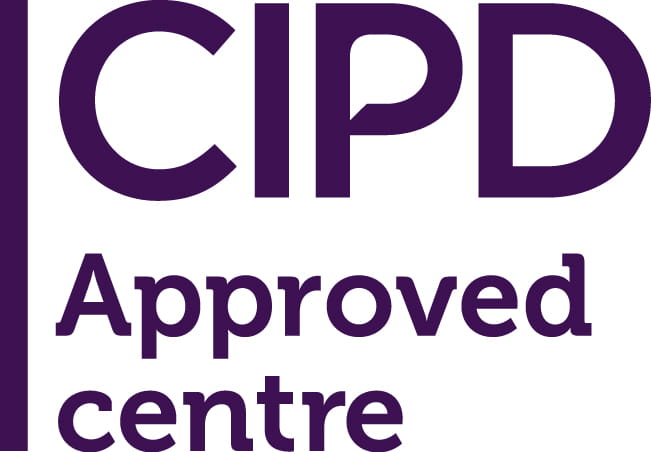Human resource management is more than just managing the relationship between professional development and productivity; it's about supporting senior and line managers to facilitate the well-being of their employees and helping them achieve both personal and overall business objectives.
MSc Human Resource Management course seeks to equip students with the knowledge and skills to develop a successful career in a range of Human Resource Management roles and specialisms. Fully accredited by the CIPD. learners will explore the topic of HRM through an applied lens examining the practical realties of implementing HR strategies and policies in today's changing work context.
The nature of work and people management across the globe is constantly evolving. HR professionals today require skills in critical thinking and problem solving and working in collaborative and inclusive ways to address the significant organisational challenges of our time. You will learn ways to support senior and line managers to facilitate the well-being of their employees and helping them achieve both personal and overall business objectives.
MSc Human Resource Management gives you the knowledge, skills and understanding to become a successful leader and practitioner in increasingly complex business contexts. You will learn to address practical human resource issues in innovative and sustainable way, while considering the ethical obligations of the human resource practitioner.
You'll experience rigorous and practical training in core HR areas throughout the course. You also have an opportunity to choose from a range of elective modules which reflect your career and/or research interests.
You'll experience rigorous and practical training in core HR areas throughout the course. You also have an opportunity to choose from a range of elective modules which reflect your career and/or research interests.
MSc Human Resource Management covers contemporary management issues, such as:
- Equality and diversity
- Digital HR
- The ethics of human resource management
- Employment relations in context
- Agile and hybrid working
- Managing organisational change
Our course has been designed to meet the needs both of newly qualified graduates and experienced professionals looking to enhance their career prospects. After studying our MSc Human Resource Management you'll be prepared to take a role at the forefront of any human resource department and its parent organisation.
You'll study at Essex Business School. We don't just think about business as being a collection of equipment, buildings and stock, instead we consider a business to be an interconnected group of people. People who have the power to influence, and be influenced by, the operations of that business. This approach to understanding the human aspects of why businesses operate in the way they do lends itself perfectly to the study of human resource management.












